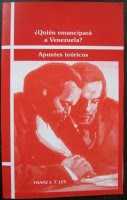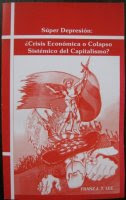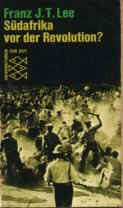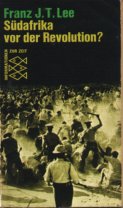Heavy-handed intervention exacerbates Venezuela's economic woes
Financial Times (Benedict Mander): Across Latin America, governments are fretting about appreciating currencies as a result of strong capital inflows. In Venezuela, the problem is quite the opposite: President Hugo Chavez' tub-thumping socialist rhetoric and heavy-handed intervention in the economy is causing capital flight to continue apace.
Published: Thursday, May 13, 2010
Bylined to: Benedict Mander
Bylined to: Benedict Mander
So despite a major devaluation in January, the floating or "parallel" rate of the bolivar has steadily depreciated since. It has reached all-time lows in recent days -- 8.2 bolivars to the dollar today compares to around 6 at the time of the devaluation of the official rate in January.
This is bad news for inflation: in April the monthly rate jumped to an impressive 5.2%. So the national assembly wants to tighten Venezuela's exchange controls (in place since 2003) to quash currency "speculation" and beef up state supervision and regulation.
If you want dollars in Venezuela, the parallel exchange market is the place to go -- that's assuming you're not lucky enough to get subsidised dollars at the official exchange rates of either 2.6 or 4.3 bolivars (in theory for "essential" and "non-essential" imports, respectively).
But now bond traders in that market may have to get approval from the central bank; brokerages could be banned from bond trading altogether. That's only going to make getting hold of dollars -- not just for the average citizen, but also importers, of which there are an awful lot in Venezuela -- even more difficult and expensive.
The government's plan to put a brake on capital outflows and prop up the exchange rate has many people warning this is hardly the way to go about it. As Patrick Esteruelas at Eurasia Group explains, the plan is "ill-conceived":
The government's latest efforts to stem the depreciation of the bolivar through tighter regulations and controls are likely to backfire and force it to consider other options, opening the door to a dollar bond sale later in the second half of the year. The government has been effectively boxed in by its economic policy mix and does not have many options at its disposal. Any efforts to restrict the parallel foreign exchange market are likely to be completely wasted and will only serve to move these operations deeper underground as Venezuelans continue to demand large quantities of dollars in the face of a deteriorating economic outlook, galloping inflation and negative real interest rates, and resort to the unregulated market to circumvent stifling foreign exchange controls. What's more, any additional regulations could end up causing additional damage to the economy by disrupting import financing in Venezuela's import-dependent economy, creating serious potential shortages and further undermining growth.













No comments:
Post a Comment